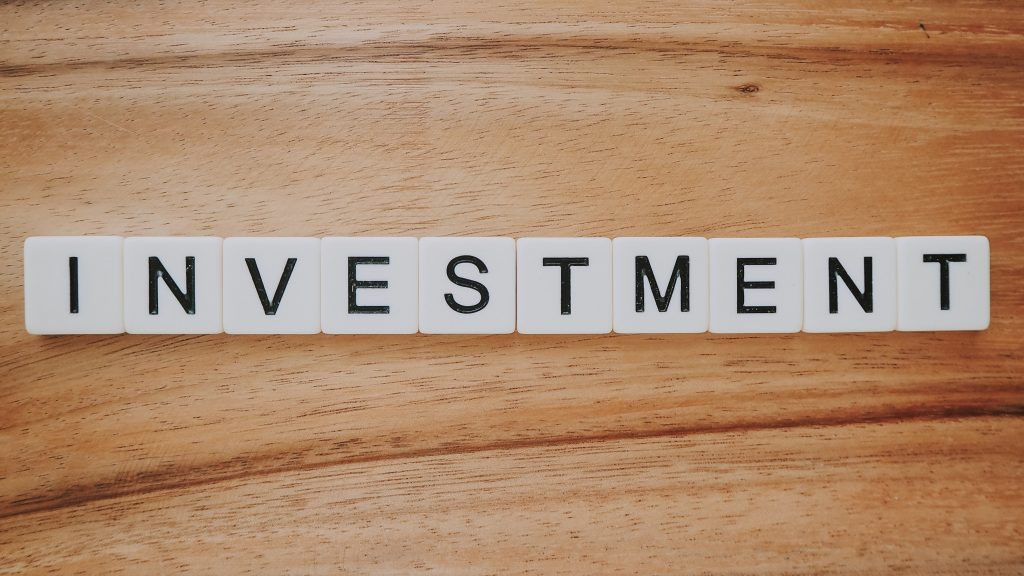
The 2020 stock market was a bit of a rollercoaster ride, caused by a trade battle with China, messy vaccine rollouts, and the surge of zombie stock like GameStop. The latter Reddit-Hedge Fund-related saga surprised everyone as the old chain rose from the proverbial ashes. Talk about shock and awe. The Gamestop development was the stock market shot heard around the world.
Thankfully, 2021 finds the market stabilizing with enough uptrends to bring a gleam in the eye of venture capitalists and shareholders everywhere. With this stabilization comes the opportunity for small-to-medium-sized businesses to start building a significant stock portfolio. The question now centers around viability, i.e., can a small company tap the market and gain a foothold?
Economic Uncertainty During the Pandemic
Many companies and employers wonder if stock buying and trading is a good idea with Covid-19 still rampaging. Indeed, the pandemic has created a bit of an unwieldy mess that harmed the economy. The shock and fear permeating in corporate offices regarding these developments have been felt all over the globe.
As mentioned previously, getting people vaccinated has been slow and fraught with challenges. The issue is that different variants and strains of the coronavirus have caused the market to shudder a bit, making shareholders and investors alike skittish. Despite this economic uncertainty, it is good to seek out and develop a long-term investment strategy.
Should You Dabble in the Stock Market Now?
The answer is a resounding yes. Even with the numerous issues faced, the market is still somewhat bullish, with the S&P 500 hitting record highs and intraday surging as recently as July 1st. This occurred in the face of higher inflation readings in April and May of this year.
While it may seem a bit curious that the market is not reflecting what is happening globally, the truth is big-time Wall Street inventors are looking towards the future. Larger companies had always floated and carried the economy via the S&P 500, making it safer for the little guy to buy in when hard times emerged.
Honestly, there couldn’t be a better time to invest as the market offers a wealth of opportunities to new-time investors. To unlock these opportunities, you must investigate what both affordable and available are. Is that even possible in the current economic climate? Put simply, it depends on where you look.
When the economy begins to lag, certain stocks become more affordable. These same stocks produce higher yields when the economy starts to surge once more. Investing in these stocks helps the market correct and allows shareholders access to stocks that have previously been outside their grasp. The top three staple stocks that your company would do well to invest in include brick and mortar companies like:
- Coca-Cola
- Target
- Walmart
Amazon is another fail-safe investment, even though it isn’t a brick-and-mortar type of company. Banks, credit, financial institutions, and mining industries are also solid stocks a business can invest in when the economy grows a bit shaky. High-end investments in this realm include:
- Micron
- Visa
- Agnico Eagle Mines
- Evolution Mining
- Royal Bank of Canada
- Toronto-Dominion Bank
If you are surprised the last two picks were Canadian-based banks, don’t be. According to Daniel Kent, owner of StockTrades, Canadian banks offer reliably stable stocks. “They have proven time and time again they can withstand market hardships,” Kent says. He’s not wrong, as not a single Canadian bank failed during the 2008 global financial crisis.
Investment Helps Economic Recovery
Investing in stock not only benefits your small-to-medium-sized company but also helps build a strong economy. You could say investing in the stock market is an investment in your company’s future. All it takes is the ability to make an informed decision and take a measured risk.
Do your homework and try to invest in shares that you can continue to buy into once the economy takes an upturn. With the proper guidance, you should make a decision that works best for you and your company. When you are ready to invest, seek out the advice of a qualified financial advisor and build a sustainable portfolio that can help your business grow.


